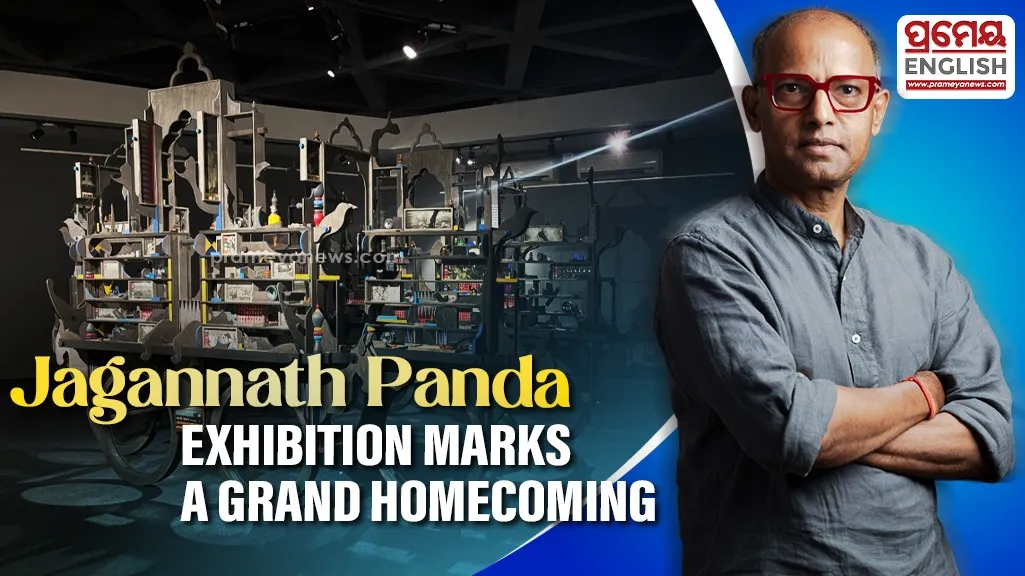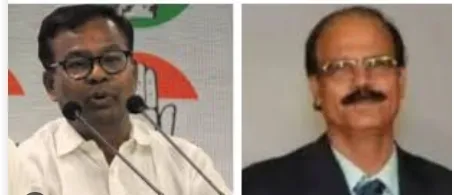

Bhubaneswar, March 2: As the Rajya Sabha elections scheduled for March 16 approach, the Congress Legislature Party (CLP) in Odisha held a crucial meeting in Bhubaneswar today to finalize their strategy and ensure no cross-voting among its MLAs.
The meeting, chaired by CLP Leader Ramachandra Kadam, saw Congress members unite in their commitment to support Dr. Datteswar Hota in the upcoming polls. Odisha Pradesh Congress Committee (OPCC) President Bhakta Charan Das also participated in the meeting, expressing his views on the matter.
Dr. Hota, who was present at the meeting, appealed to all Congress MLAs to support him in the Rajya Sabha elections. In response to the party's decision, Dr. Hota expressed his gratitude and thanked the Congress MLAs for their unwavering support.
Dr. Datteswar Hota, one of the two nominees from the Biju Janata Dal (BJD), was nominated as the common candidate by BJD President Naveen Patnaik. During the meeting, Congress MLAs reaffirmed their decision to back the BJD’s candidate, emphasizing their collective solidarity.
However, two Congress MLAs, Ramesh Jena and Sofia Firdosh, were absent from the meeting. Despite their absence, the remaining MLAs pledged to support Dr. Hota, with the latter thanking them for their backing.
With 48 seats in the Odisha Assembly, the BJD will have 18 surplus votes after securing the first seat. Combined with the 14 votes from Congress, this gives a total of 32 votes.
CLP Leader Ramachandra Kadam reaffirmed the party’s unity, stating, "All 14 Congress MLAs are united and will vote as per the party’s decision." He also noted that OPCC President Bhakta Charan Das would consult with national leadership regarding the party’s decision to support Dr. Hota.